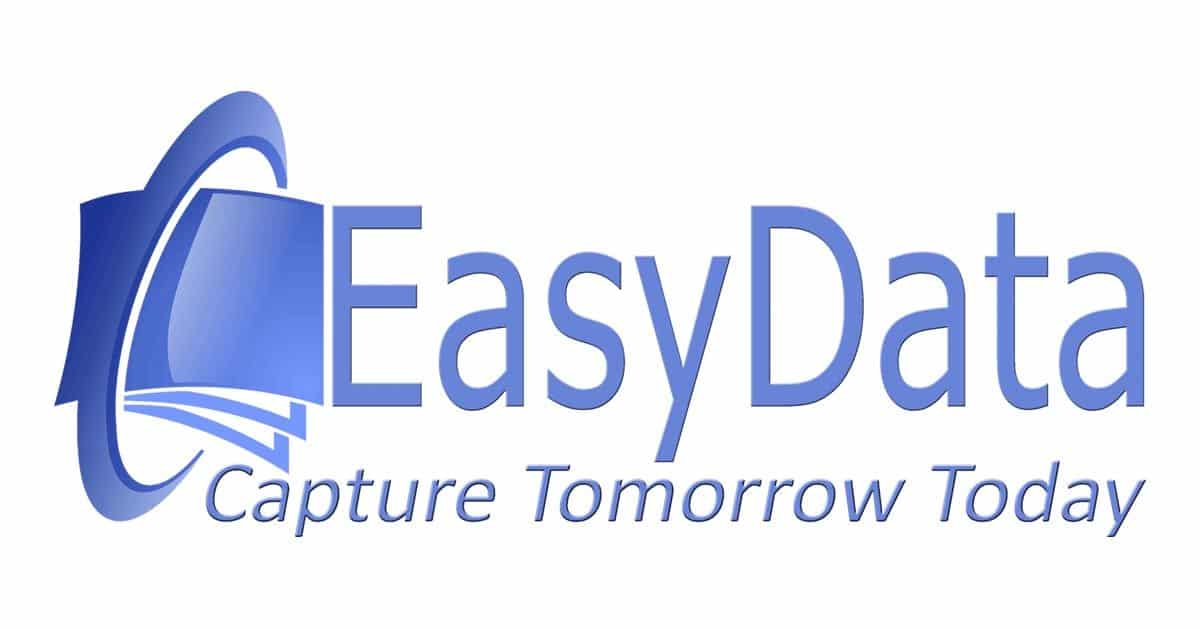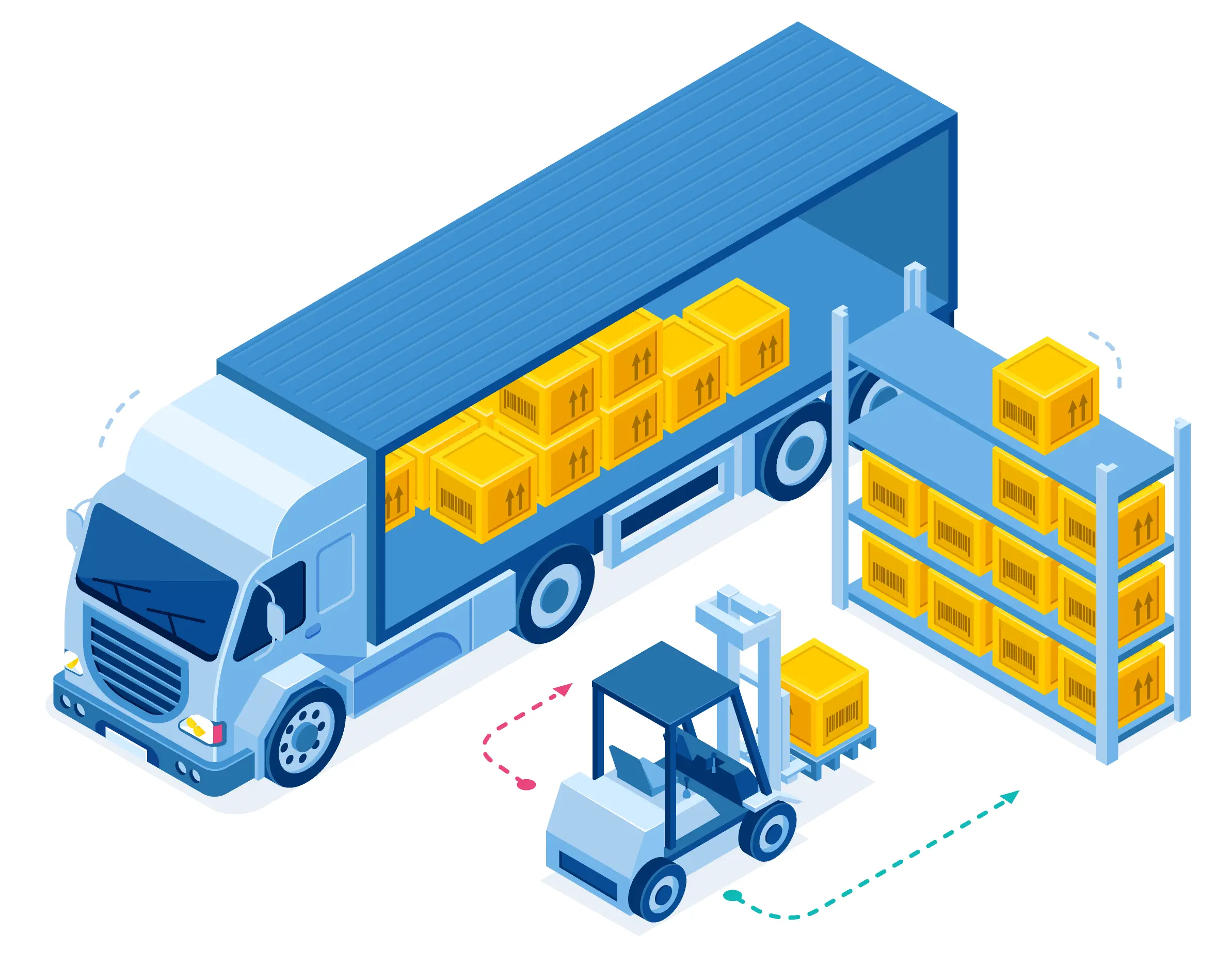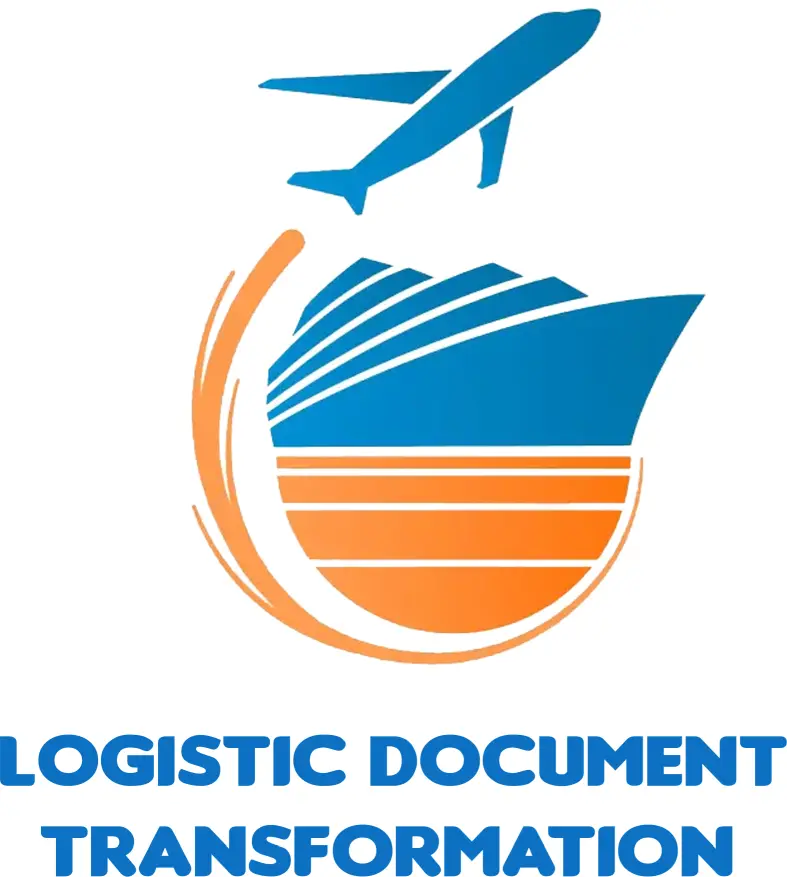Increase efficiency within your logistics process
Top-Level service for your logistic documents
Logistic documents is a returning request, as the mobility and transport sector still uses paper transport documents. Even in this digital age, paper remains relevant. Every day, countless CMRs, weigh bills, tank cleaning certificates, GGB forms, health certificates, commercial documents, freight bills, and more pass through your logistics paperwork. Modern e-CMR often isn’t enough – logistics processes require additional transport documents that vary per shipment.
Does this sound like your transport company’s time-consuming process? Keep reading to discover the perfect solution for entering, tracking, copying, and sorting freight bills and all other logistics documents coming your way!
Internet-Connected Logistics
Employees often check websites for up-to-date shipment acceptance information. With EasyData, manual and error-prone handling of freight bills and transport documents becomes history.
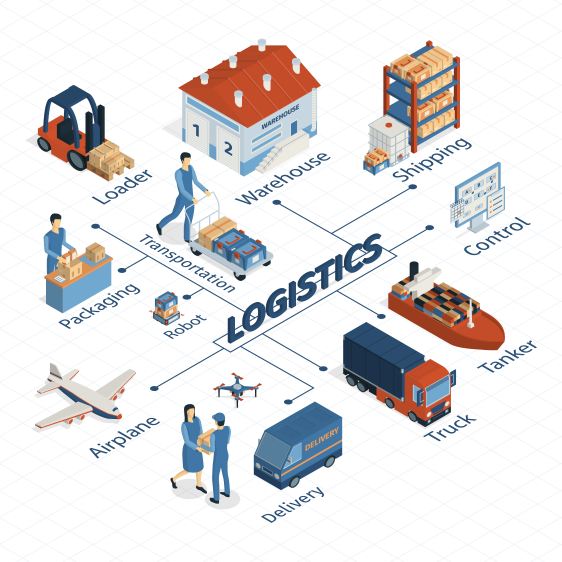
Your Transport Management System (TMS)
TMS stands for “Transport Management System,” though logistics experts sometimes call it a “Logistics Business Process Control System.” While not the official acronym, this captures its essence. TMS is the core software helping transport companies register, record, and manage transport documents. A TMS affects your entire logistics process – from order registration to invoicing. It records everything logistics-related, making “TMS” an umbrella term similar to ERP systems, but specifically for transport companies and logistic documents.

What does EasyData do with a TMS?
Various valuable components connect to a TMS. Like EasyData’s modules containing our expertise to simplify your work. These modules must integrate seamlessly with your TMS. Our innovations thus play key roles in your logistics process while connecting perfectly to your TMS. Logistics companies choose from many available TMS options, with each choice determining how much it streamlines daily operations. Some TMS providers specialize in certain industries. After all, transport documents for textiles differ from those for petroleum products or live animals.
TMS Connections
With this in mind, EasyData develops technology compatible with any TMS. Our specialists create transparent connections where transported data links securely and traceable for your logistic documents.
Logistic documents and EasyData Technology
Need to check data on sites like “find certified companies” or “search internationally recognized businesses”? No more manual searches. Our module connects to your TMS, making data validation much simpler.
EasyData’s solution uses smart data capture via web scraping. This module addresses current logistics challenges in transport.

Handwriting Recognition on Freight Bills
EasyData’s handwriting recognition module deciphers scribbles on handwritten CMRs or other logistic documents. It also recognizes stamps and signatures, automatically validating them on your documents.
This makes processes like EU animal fat import documentation less time-consuming. When importing animal fat from outside the EU, various transport documents require checking – work that becomes largely hands-off with our technology.
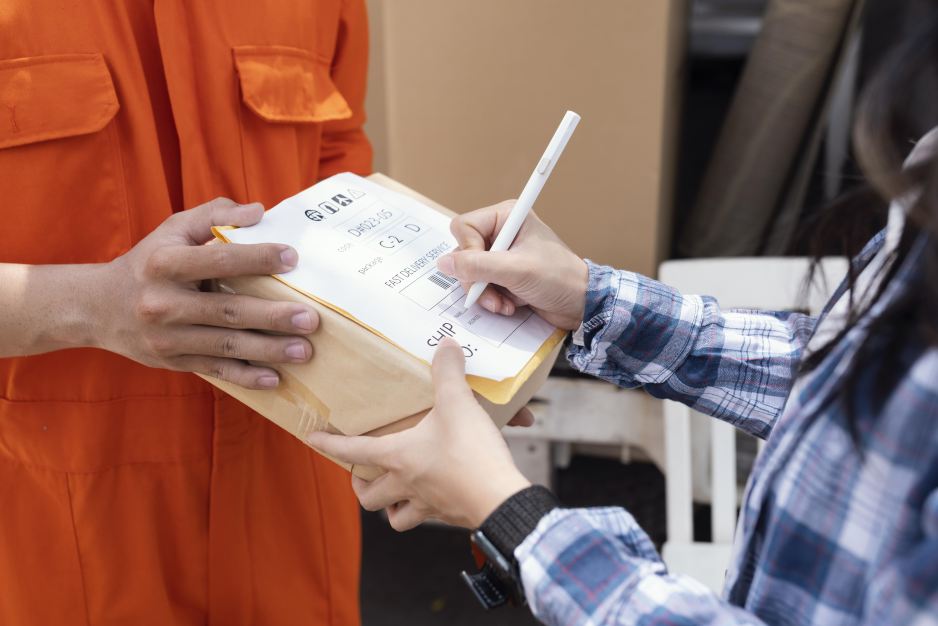
Managing Your Paper-Based Logistics Process
Many transport companies work with shippers who provide freight bills, causing missing order number references in the receiving TMS. EasyData automatically links these logistic documents in the correct order.
Checklist Recognition on logistic documents
For us, checklists are standard document definitions that we automatically split into individual shipments line by line. This works whether shipments have fixed or variable heights.
Logistic documents, a long history
For 25+ years, EasyData has delivered custom solutions for invoice and order recognition. Expertise that benefits invoice processing. This convenience extends to automatically handling charter orders too.
Our invoice recognition technology easily adapts to recognize charters. Experience how these freight documents now processed directly. Charter documents integrate with freight bill processing, eliminating manual calculations and invoicing. For cases requiring exceptions, employees no longer perform routine tasks. They focus solely on those charter exceptions. Multiple common exceptions together lead to system optimization, boosting your logistics efficiency!
